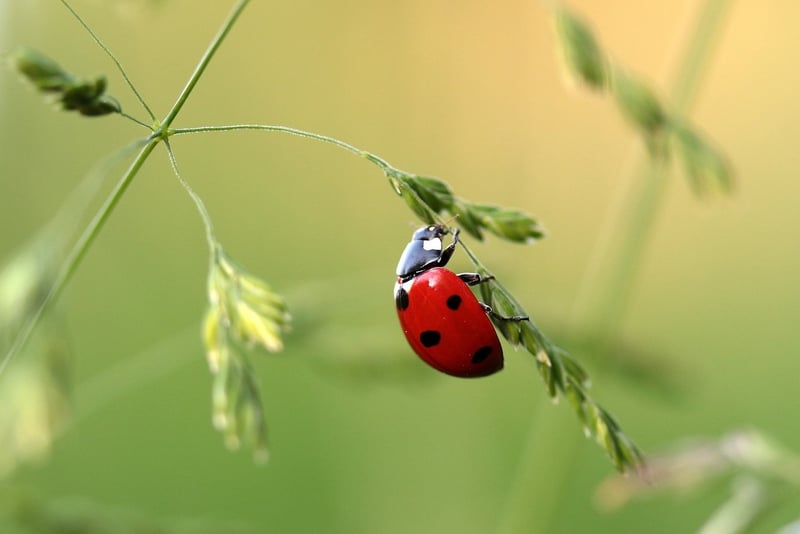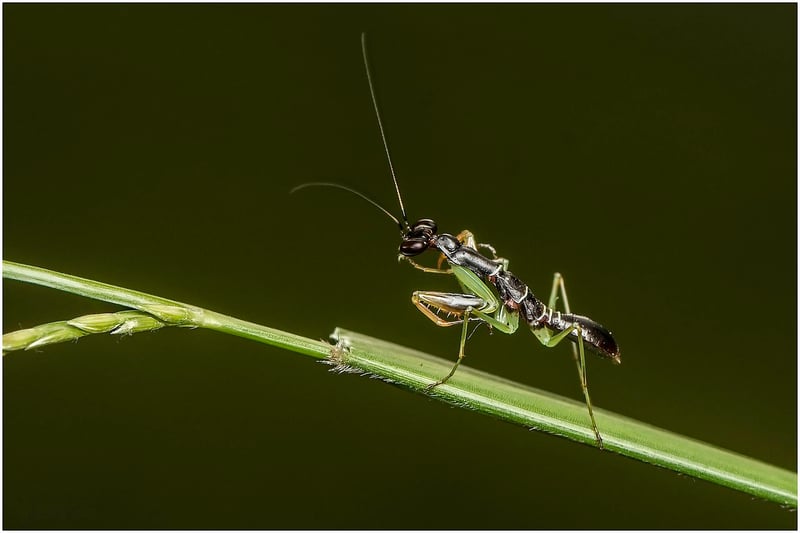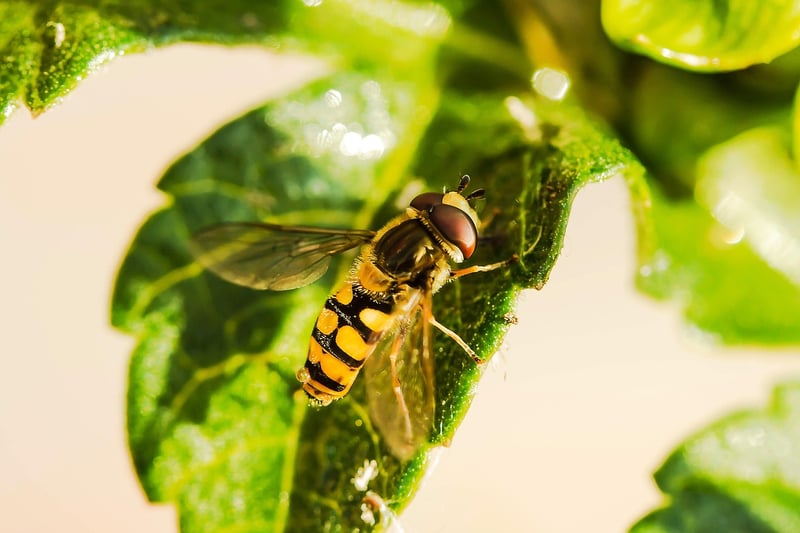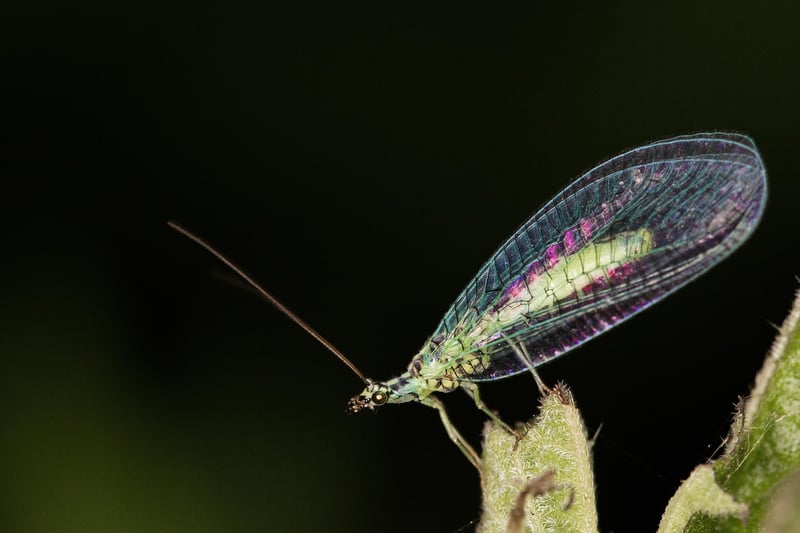Beneficial Insects
Managing Garden Pests: A Guide to Beneficial Insects
Having a beautiful garden can be a rewarding experience, but dealing with garden pests can be a real challenge for any gardener. Fortunately, there are natural ways to control pests without resorting to harmful chemicals. One effective method is to attract beneficial insects to your garden, as they can help keep pest populations in check. Read on to learn more about managing garden pests with beneficial insects.
Common Garden Pests
Before we delve into beneficial insects, let's take a look at some common garden pests you may encounter:
- Aphids
- Whiteflies
- Caterpillars
- Slugs and snails
- Spider mites
Beneficial Insects
Beneficial insects are natural predators that feed on garden pests, helping to keep their populations under control. Here are some common beneficial insects you can attract to your garden:
- Ladybugs: These colorful beetles feed on aphids, mealybugs, and other soft-bodied insects.
- Praying Mantis: Known for their voracious appetite, praying mantises eat a variety of pests, including caterpillars and beetles.
- Hoverflies: The larvae of hoverflies feed on aphids, making them valuable allies in pest control.
- Lacewings: Lacewing larvae are voracious predators of aphids, caterpillars, and other small insects.
Attracting Beneficial Insects
Now that you know about some beneficial insects, here are a few tips to attract them to your garden:
- Plant a diverse range of flowers to provide nectar and pollen for adult beneficial insects.
- Include native plants in your garden to attract local beneficial insect species.
- Avoid using pesticides that can harm beneficial insects along with garden pests.
- Provide shelter for beneficial insects by creating habitat areas with rocks, logs, and leaf litter.
By attracting beneficial insects to your garden, you can create a natural balance that helps control garden pests without the need for harmful chemicals. So, next time you spot a pest in your garden, consider enlisting the help of these tiny allies!




Remember, a healthy garden is a balanced ecosystem where beneficial insects play a vital role in keeping pest populations in check. Embrace these natural solutions to create a thriving garden that is both beautiful and pest-resistant!
